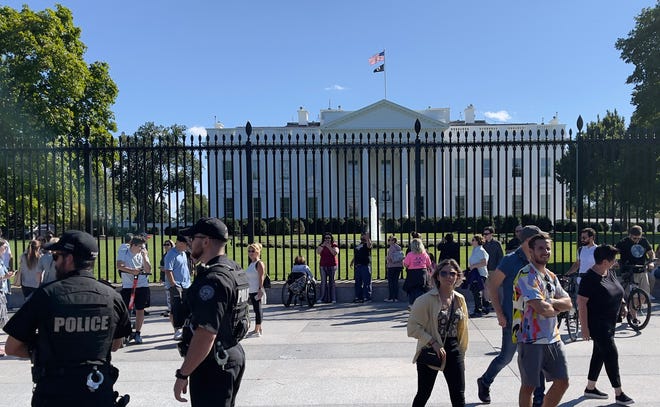The White House Health Department improperly distributed prescription and over-the-counter drugs during the Trump administration. According to a report released earlier this month.
A report by the U.S. Department of Defense Office of the Inspector General found that the White House medical unit had “serious and systemic problems” with its pharmacy operations.
The report said the unit stored and distributed controlled substances without adequate records and occasionally distributed them to personnel who were not legally entitled to receive them. The unit, which is comprised of multiple clinics in the Washington, D.C. area and is supervised by the Department of Defense, misused Department of Defense funds by dispensing brand-name drugs instead of generic drugs.

